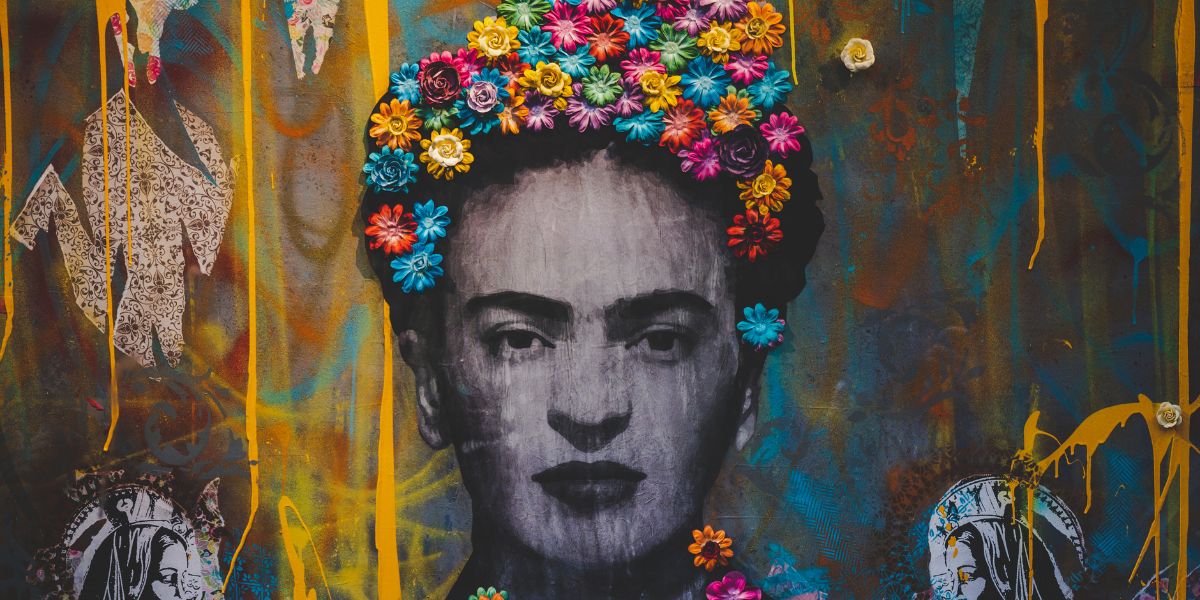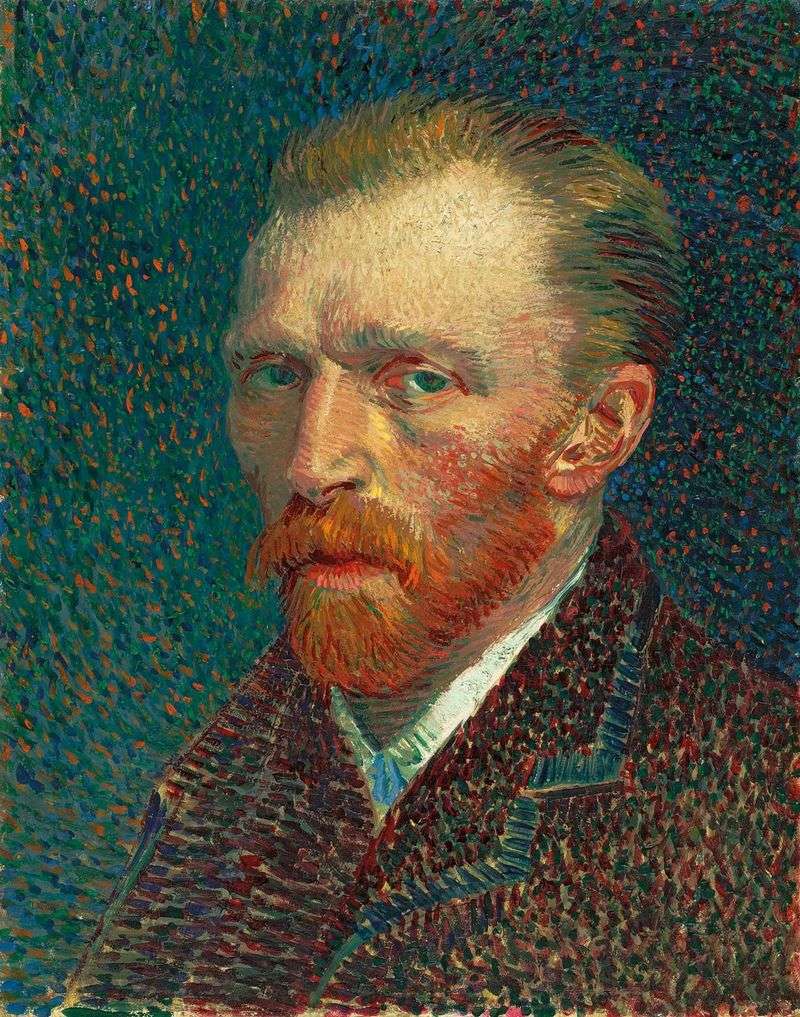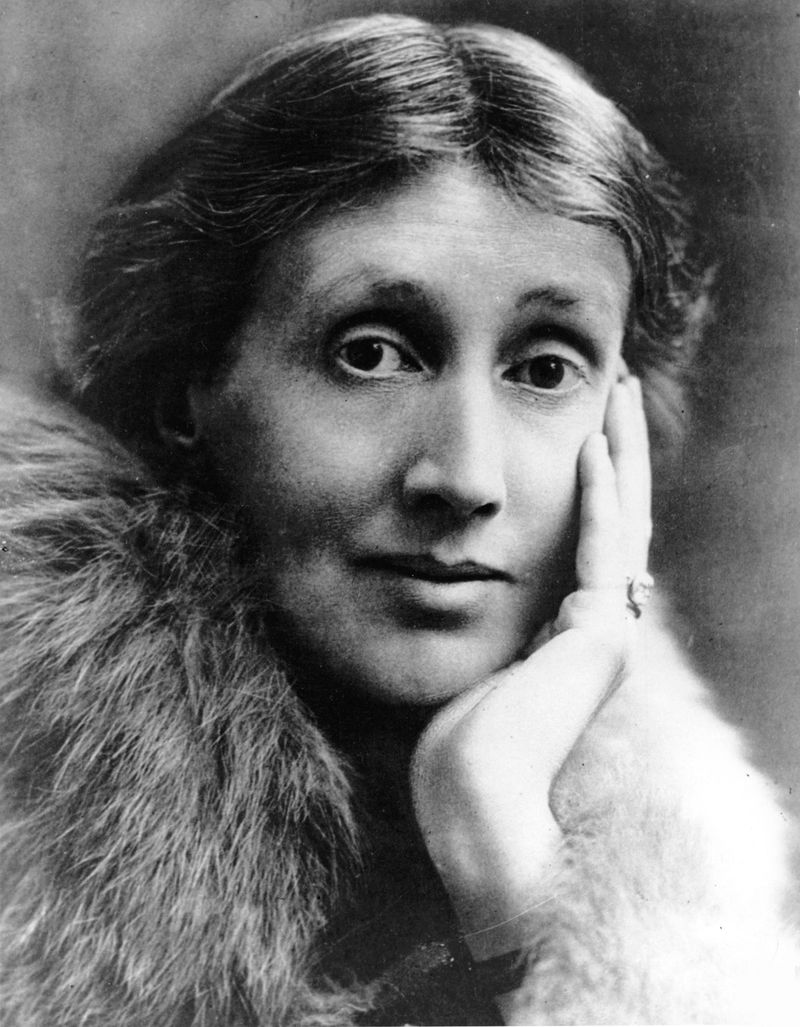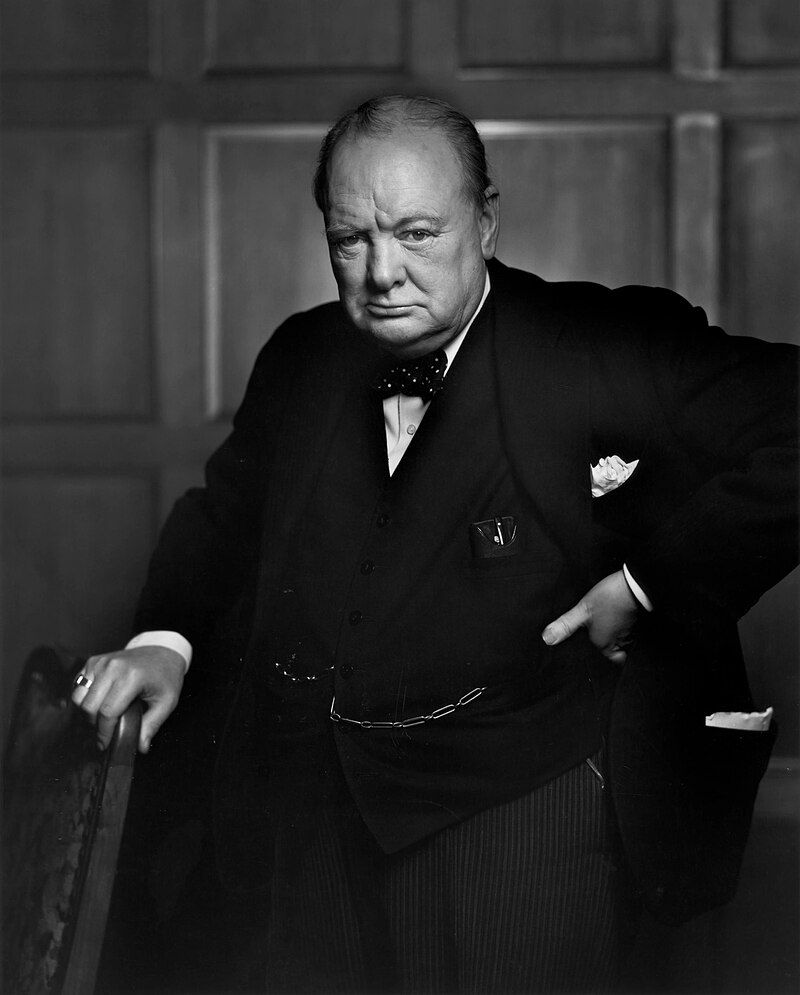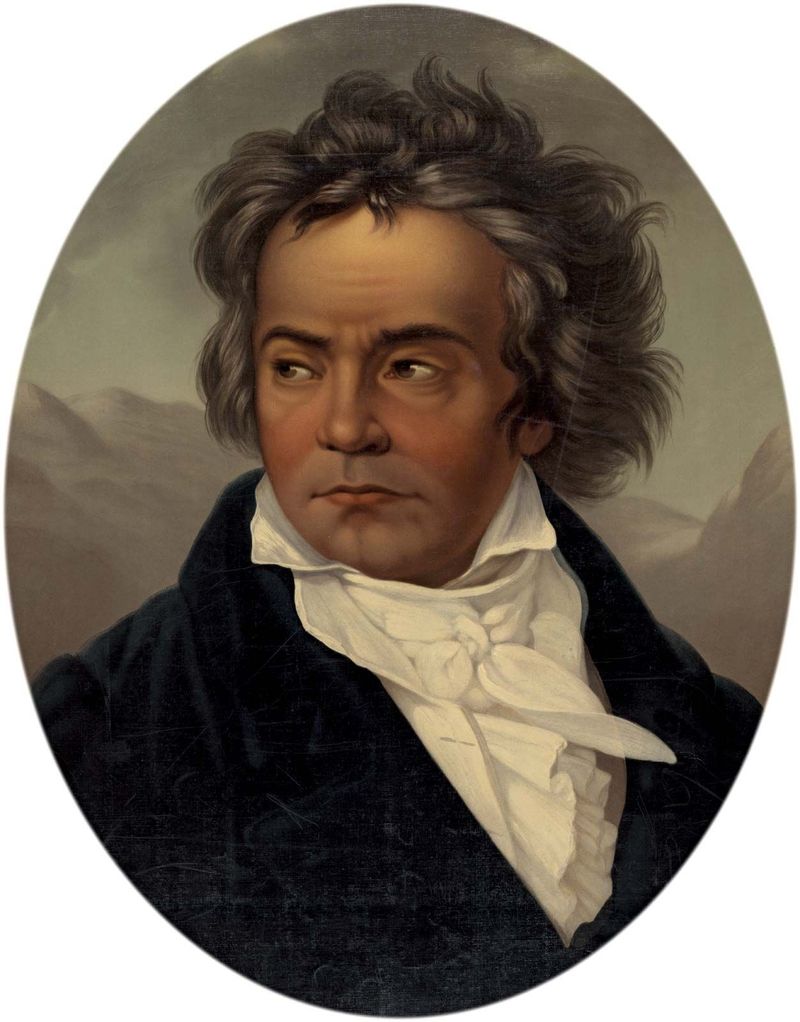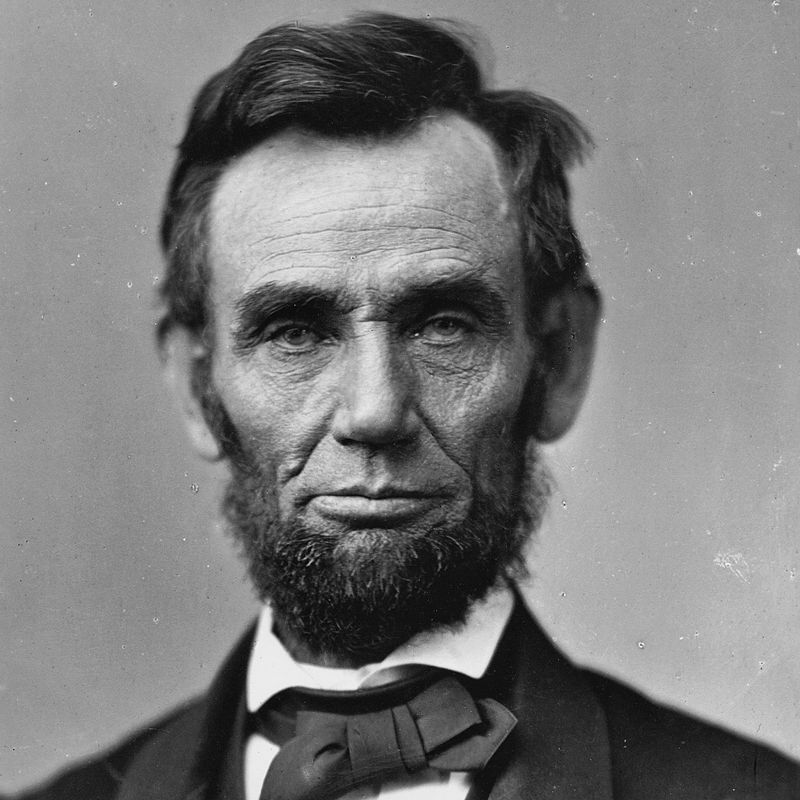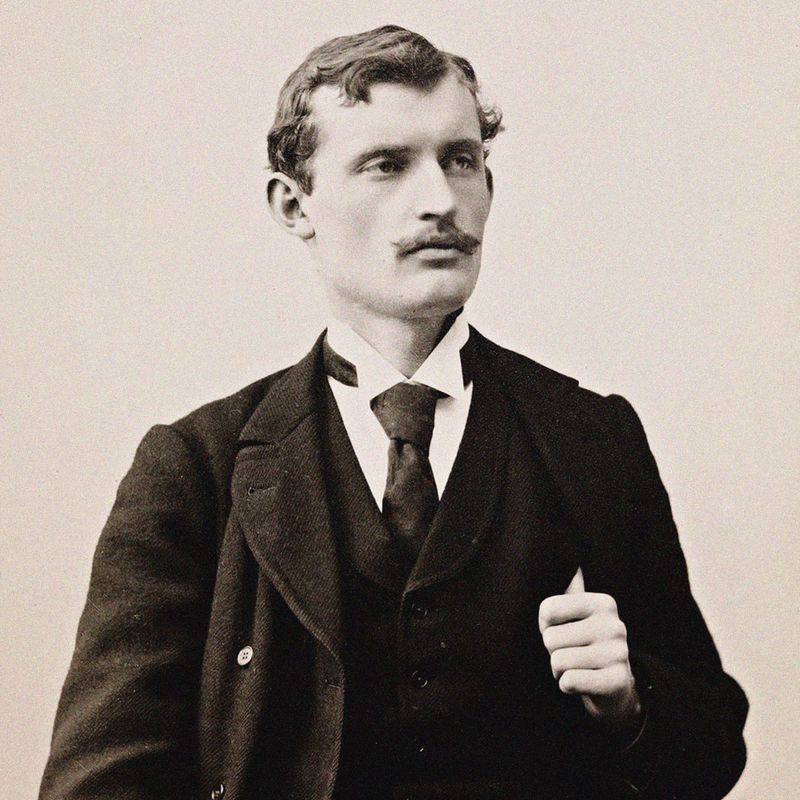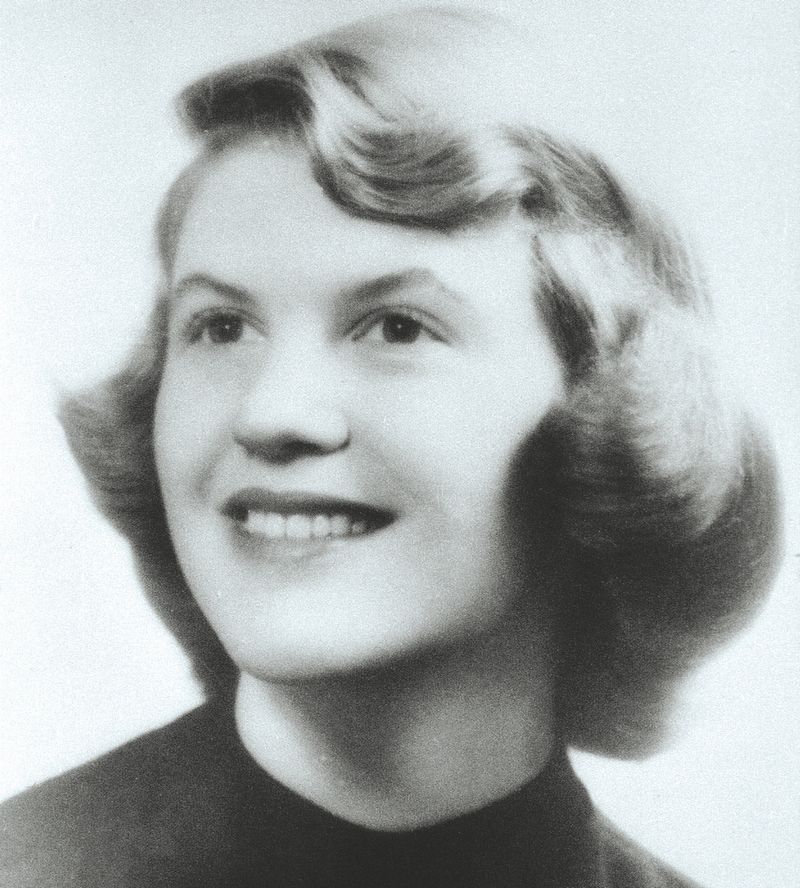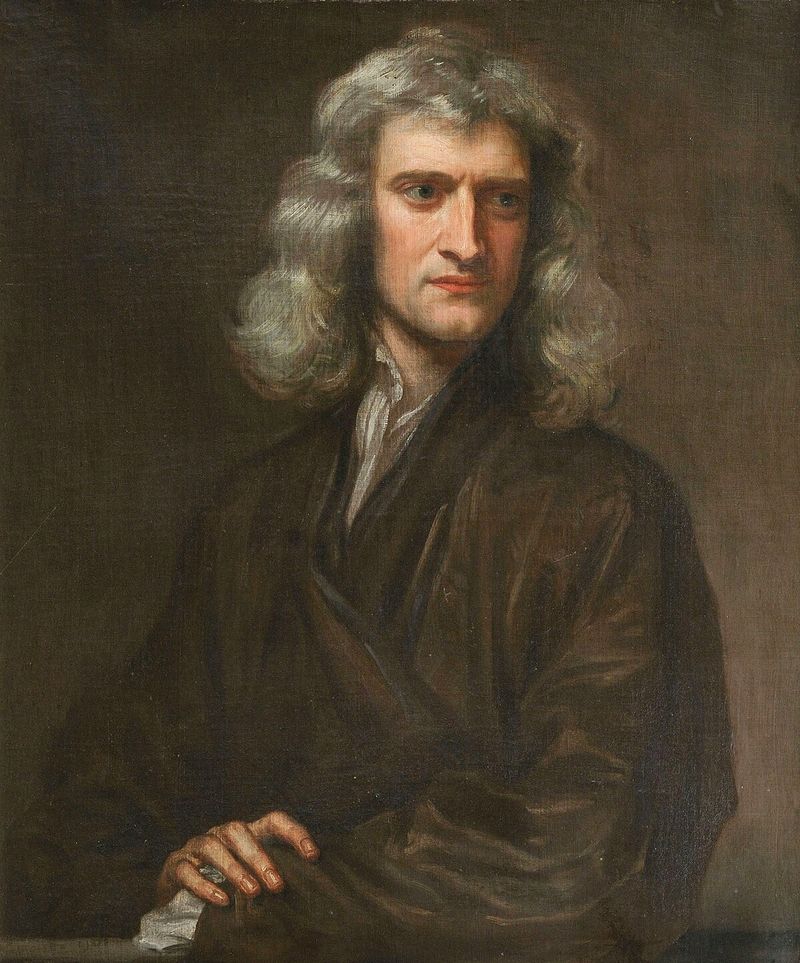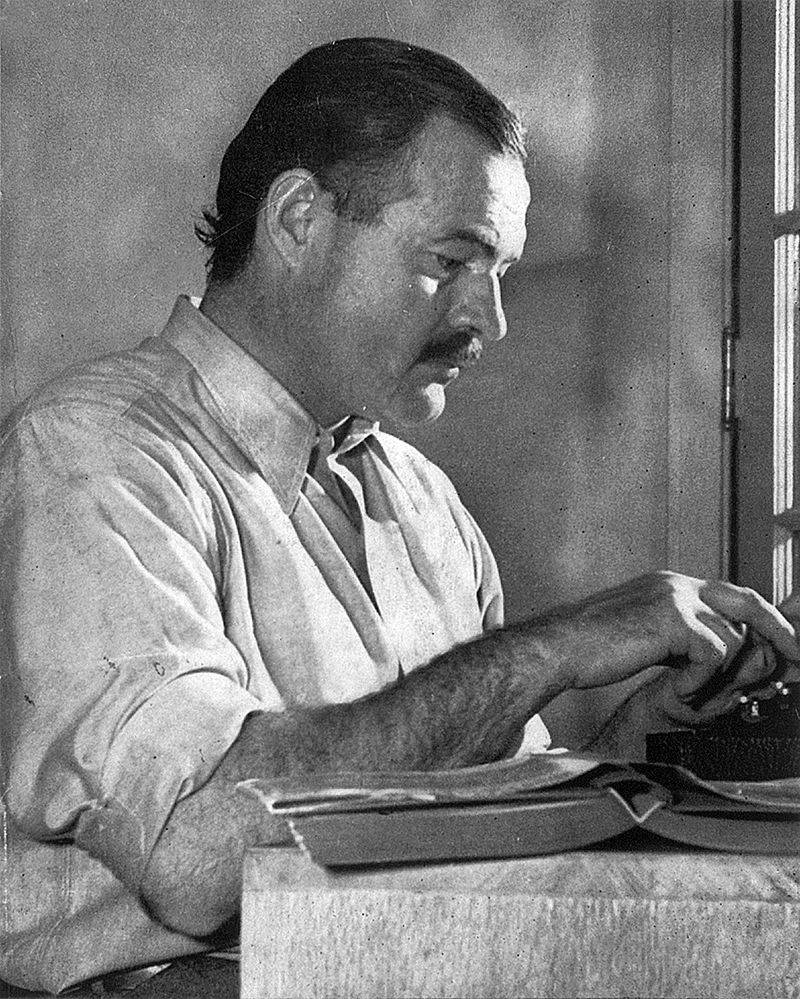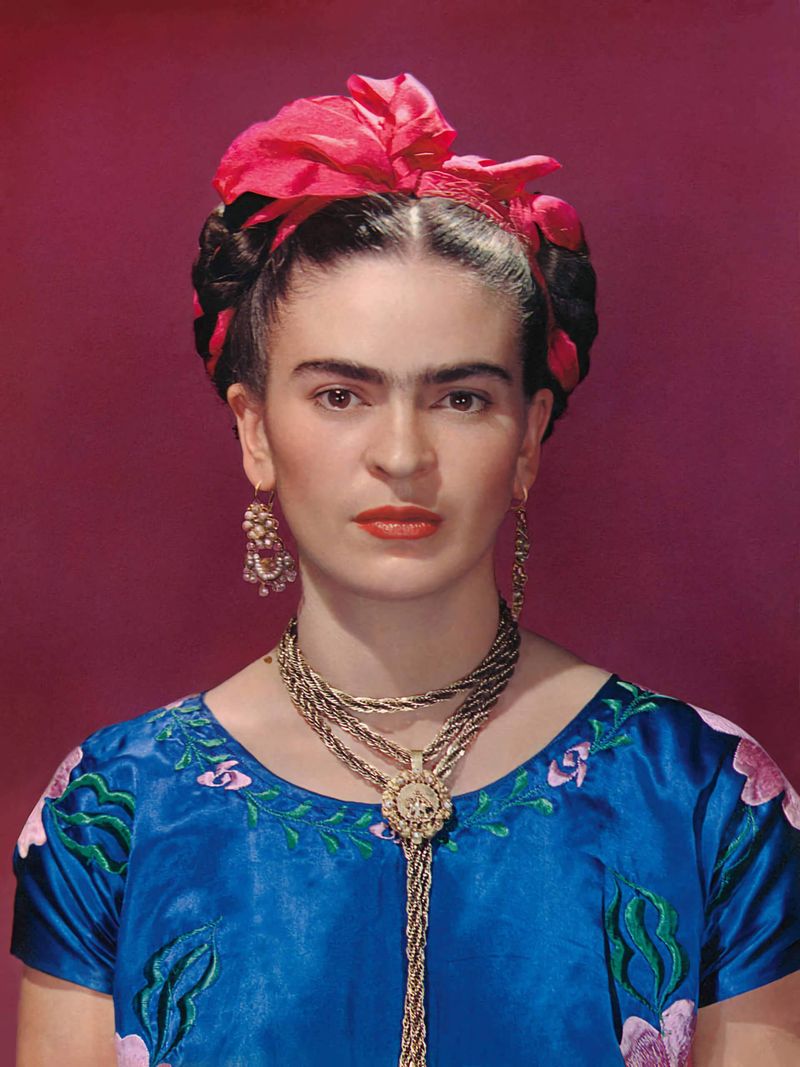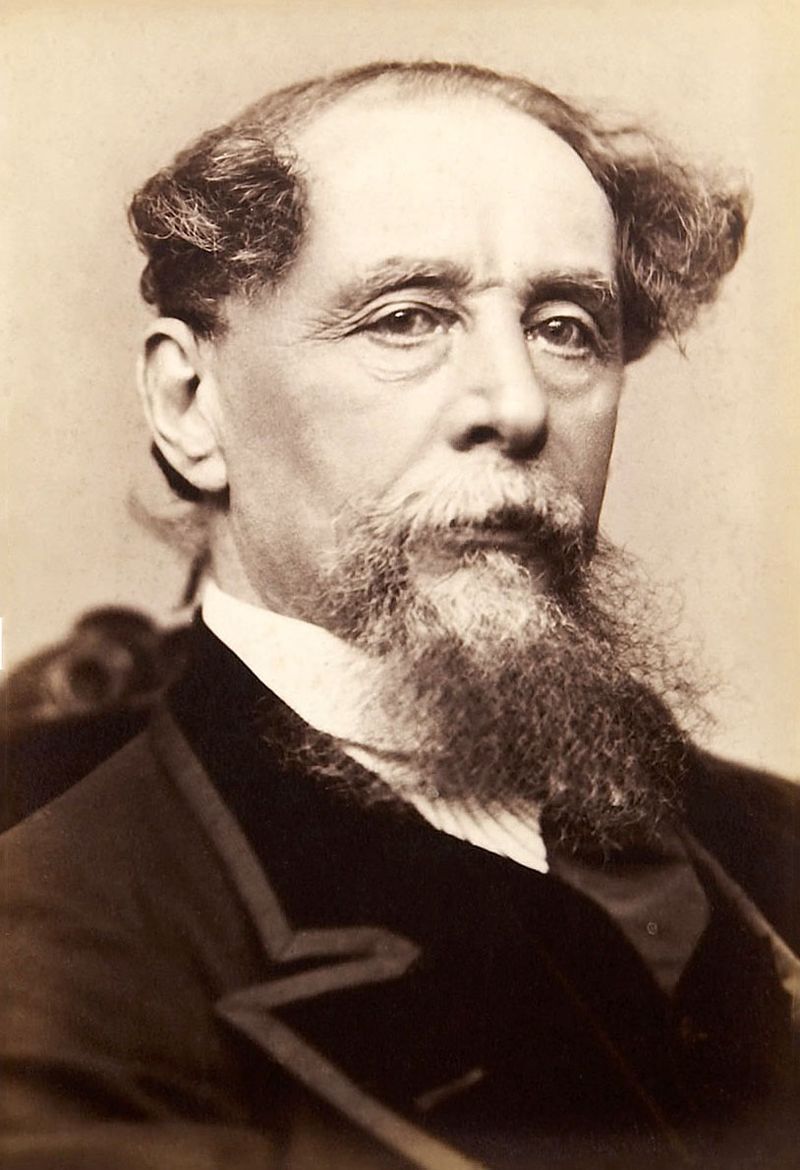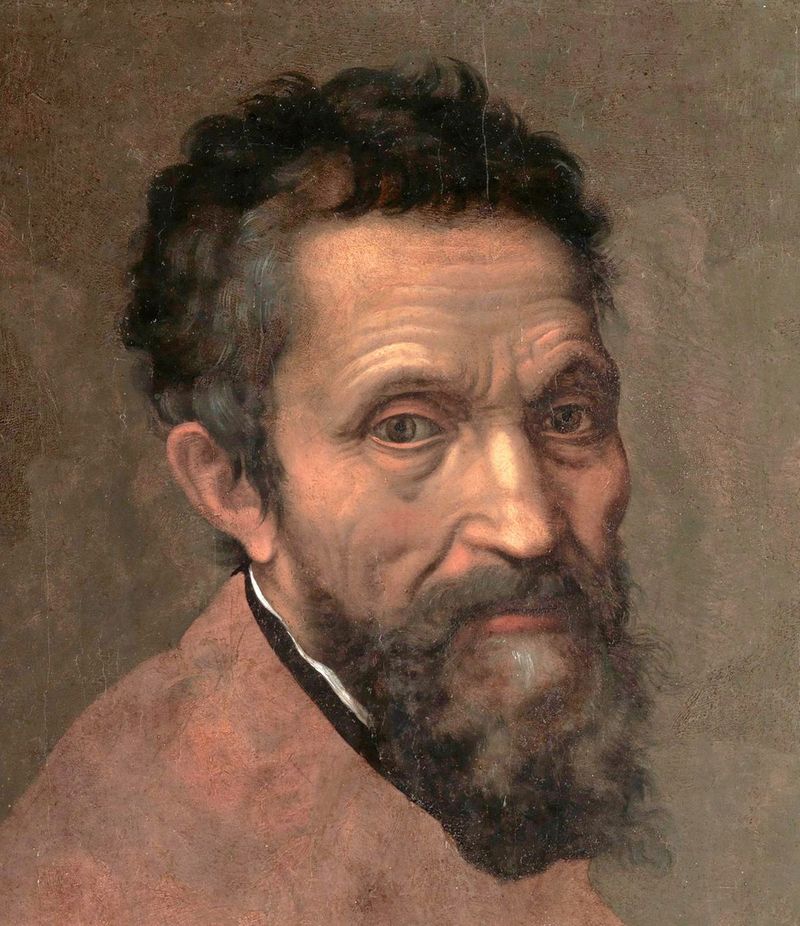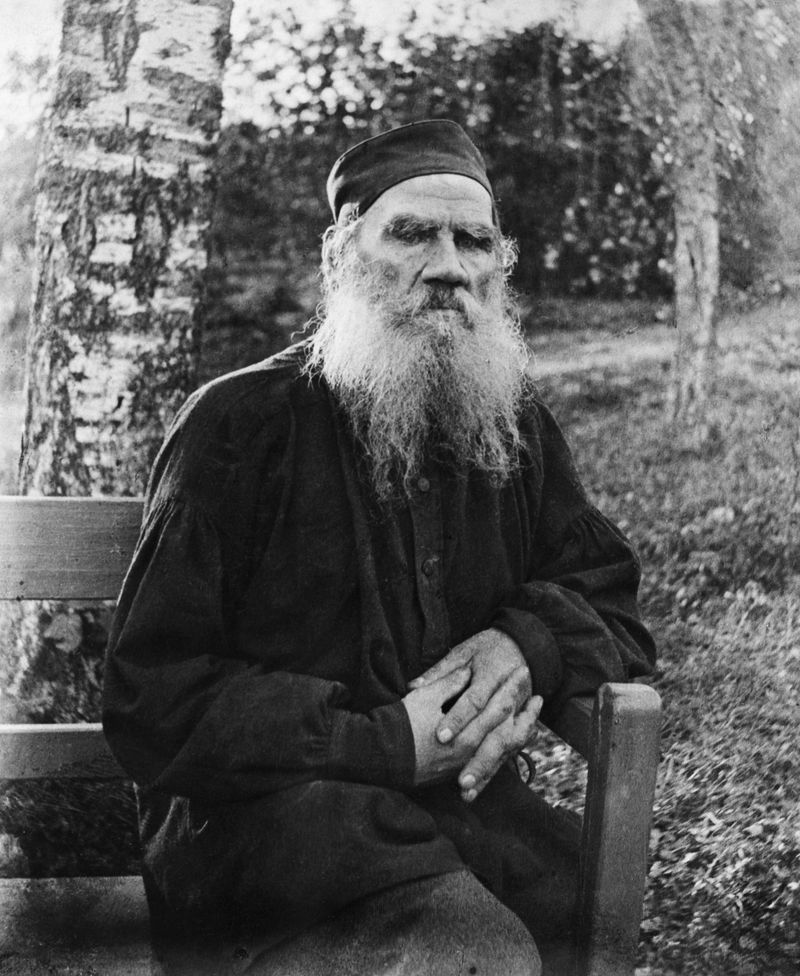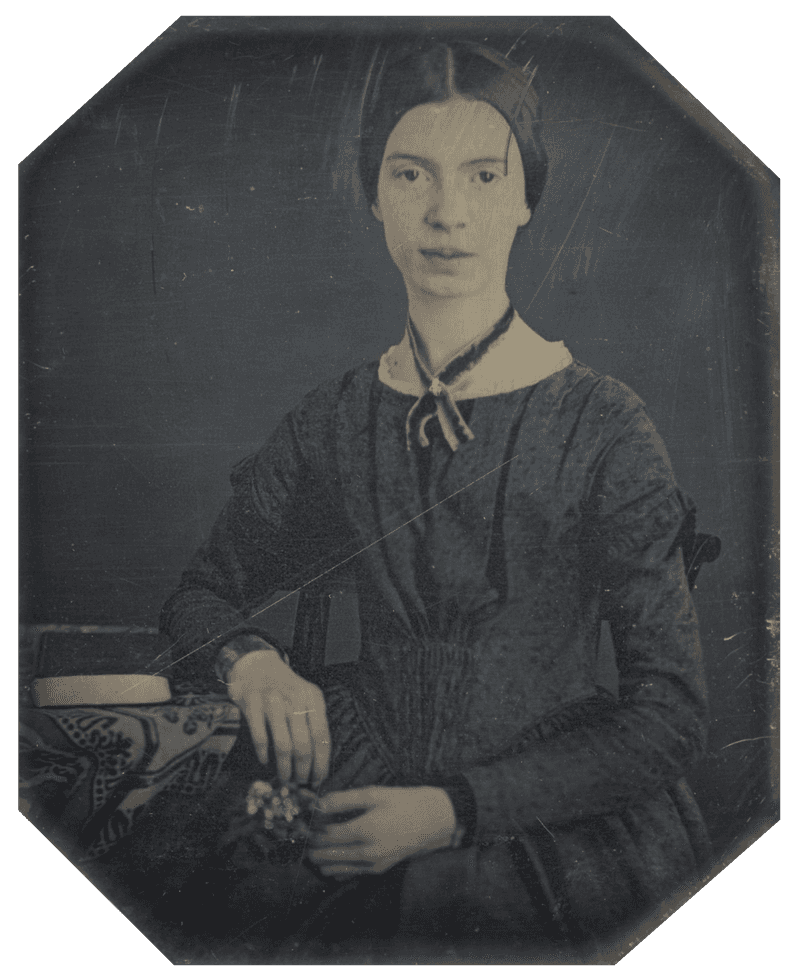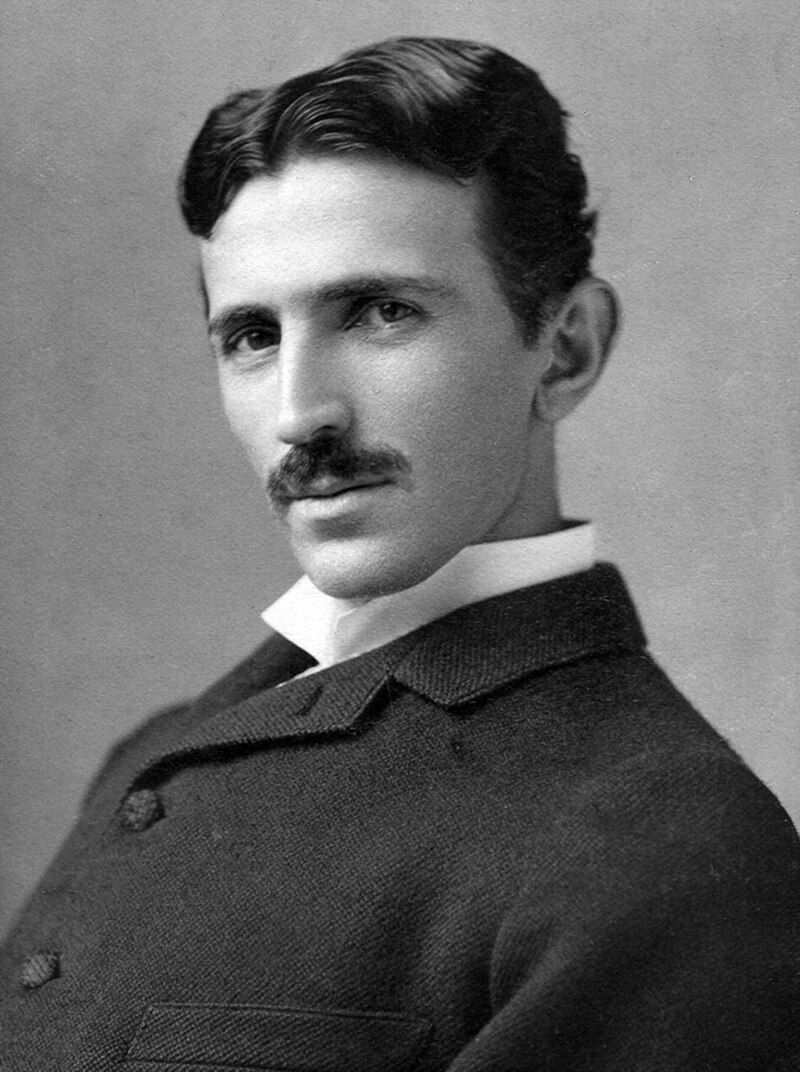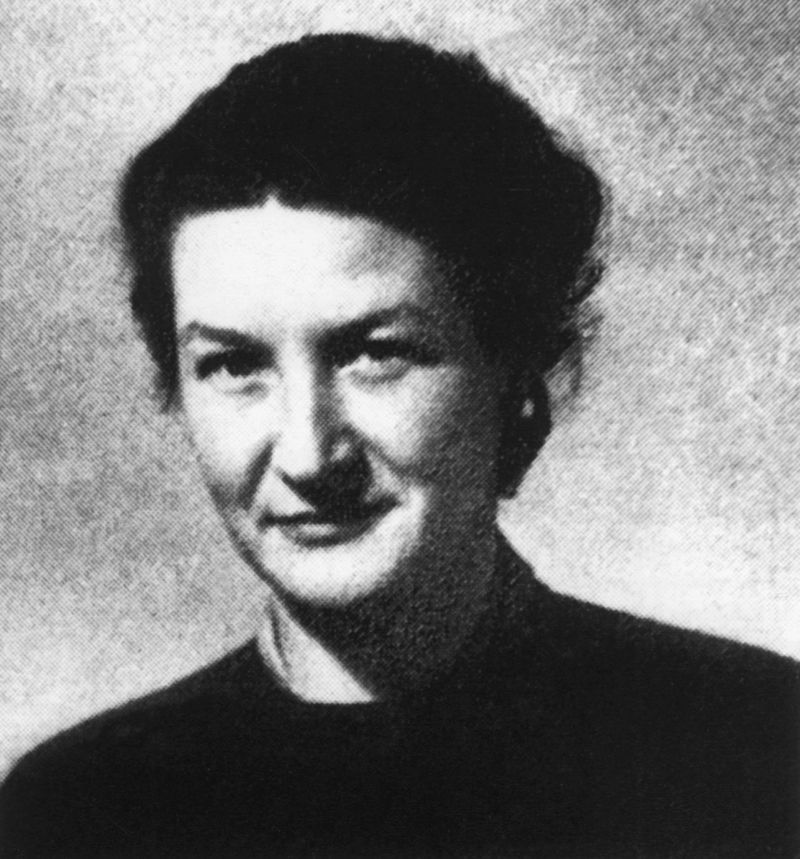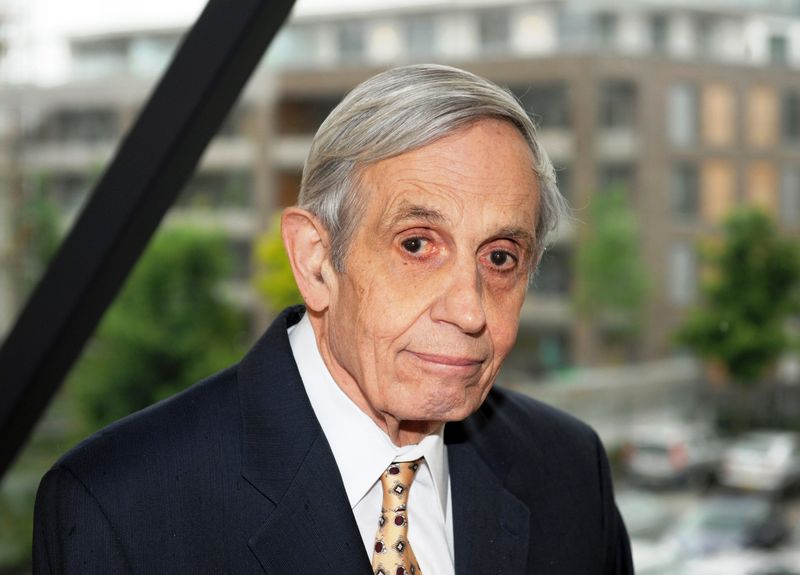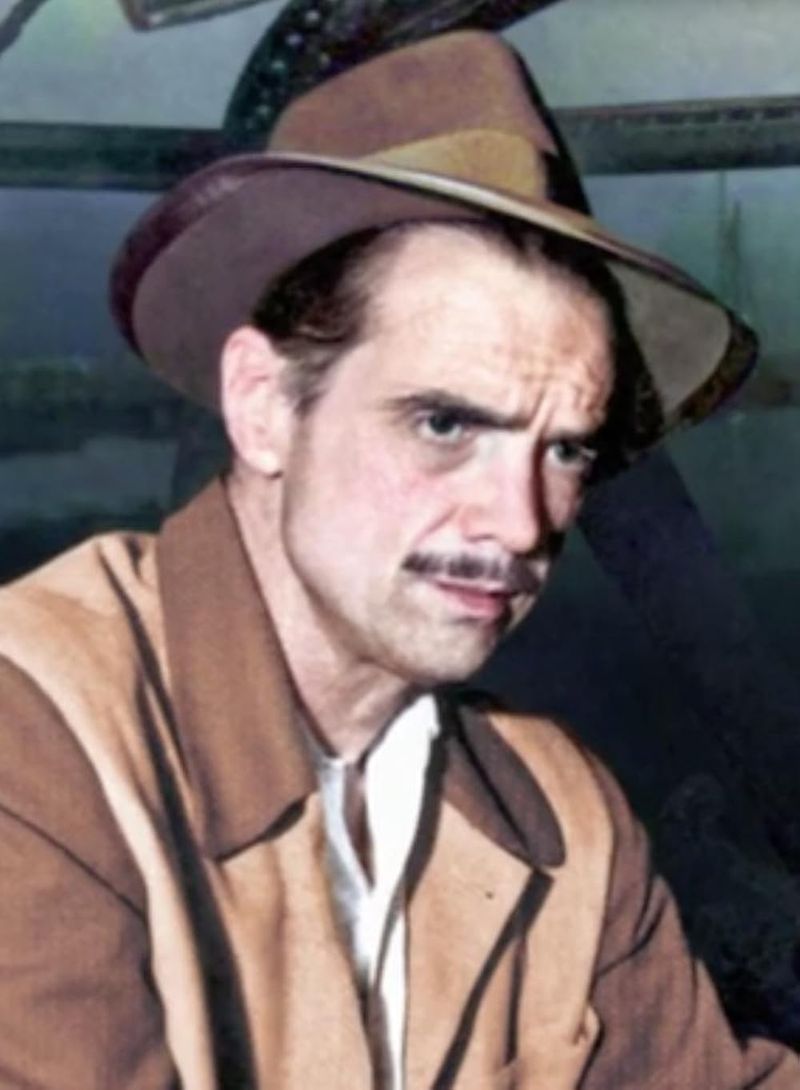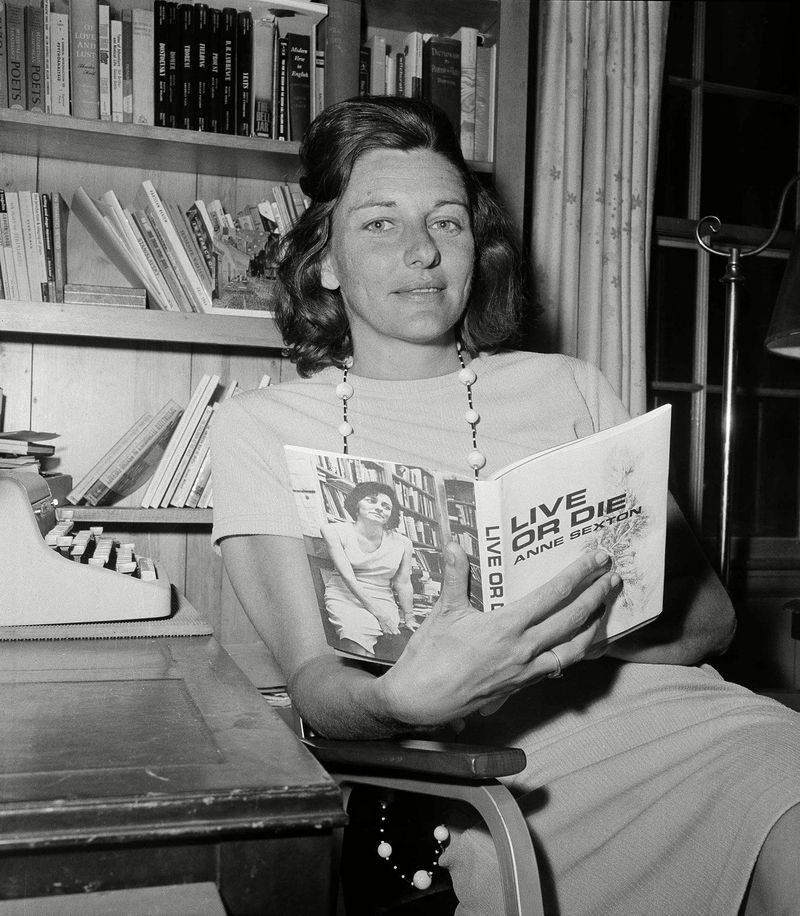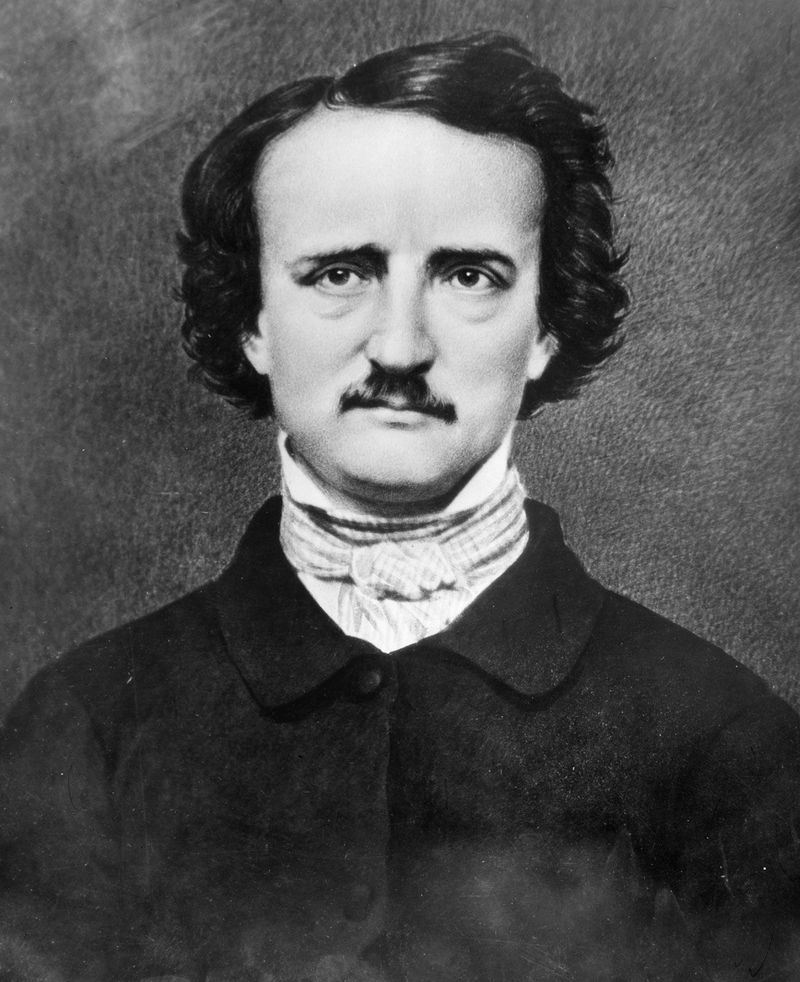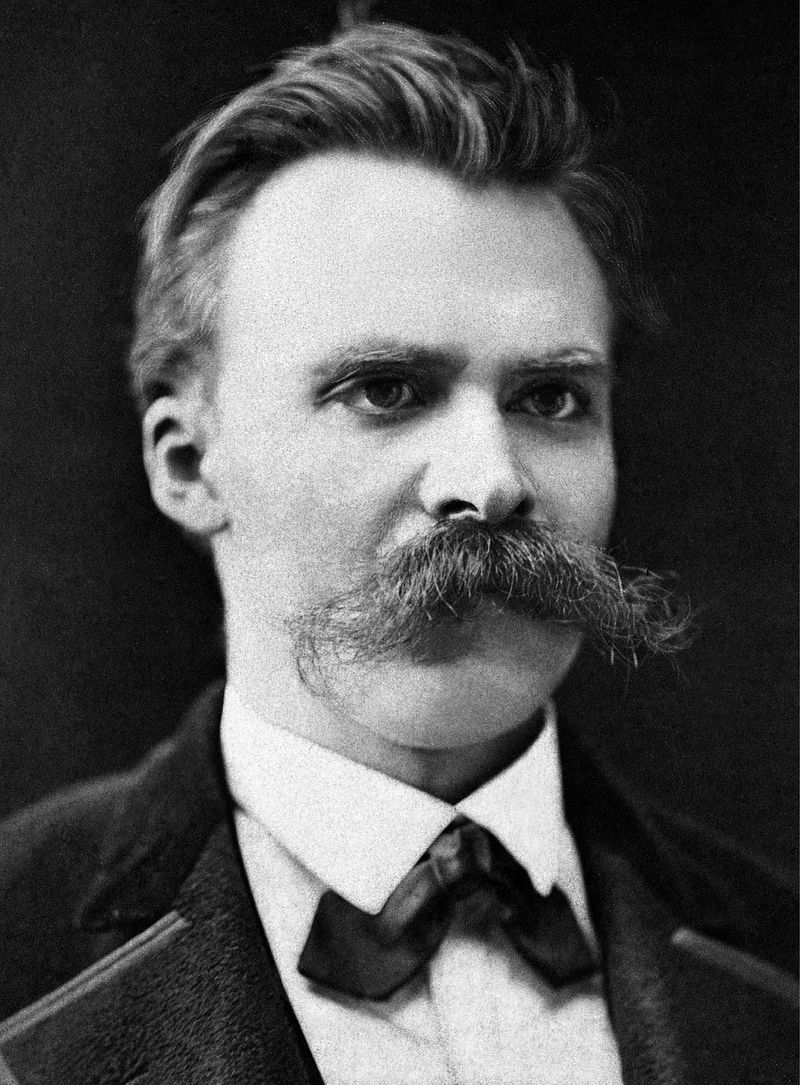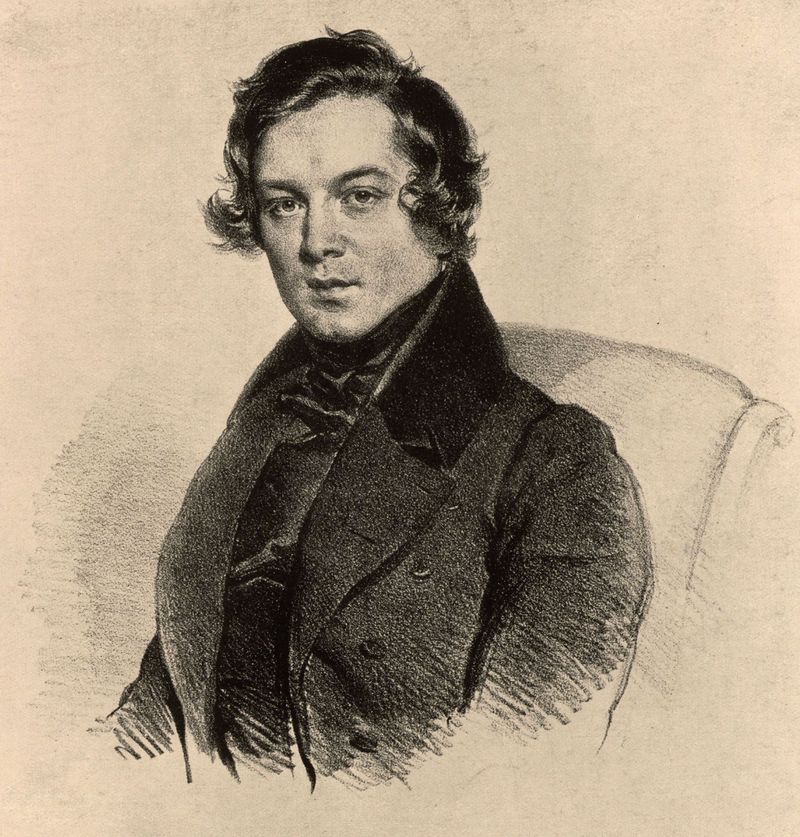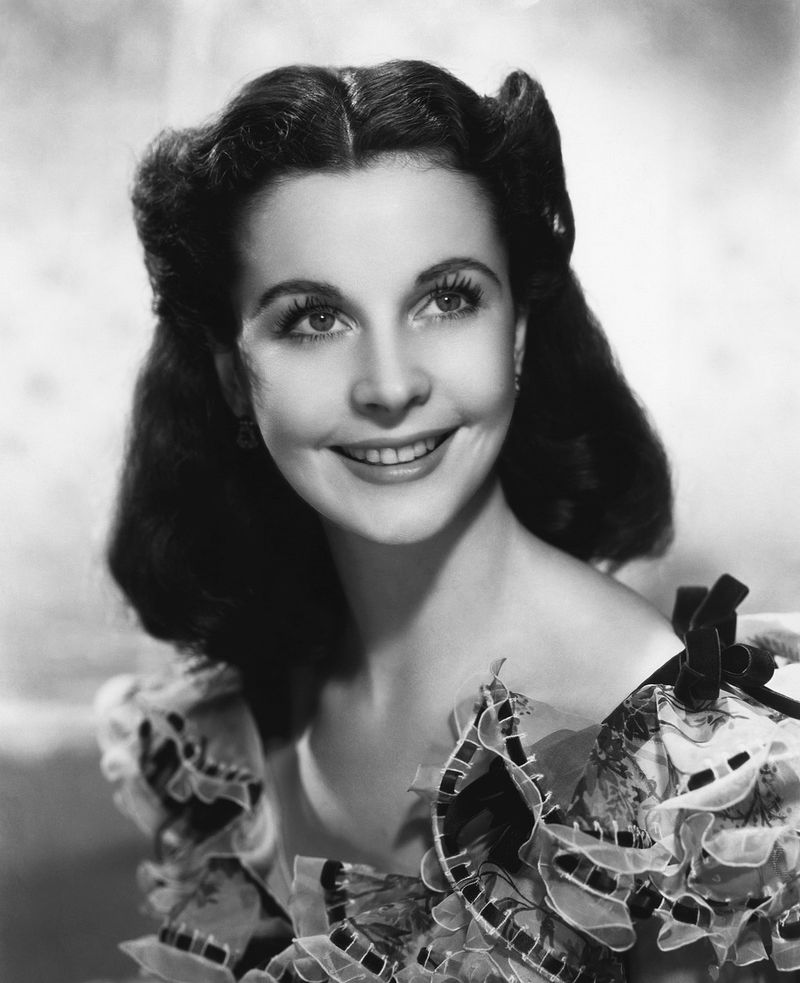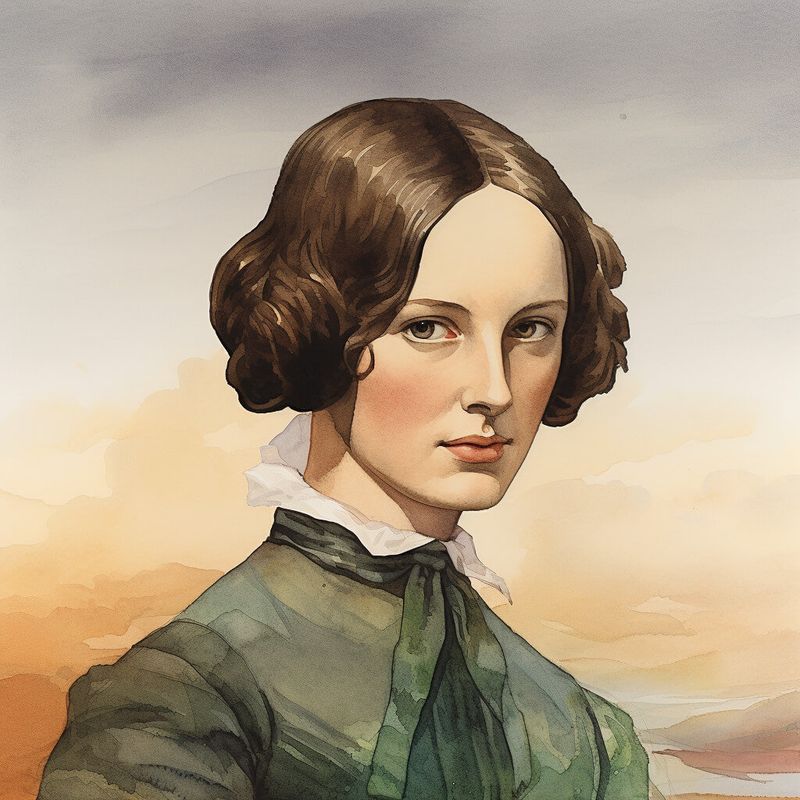Behind every monumental achievement lies a story of personal struggle. Throughout the annals of history, numerous influential figures have confronted severe mental health challenges, yet their brilliance has illuminated the world.
This post journeys through the lives of 26 extraordinary individuals, revealing how their intense battles and remarkable accomplishments have etched an indelible legacy on humanity.
1. Vincent van Gogh
Vincent van Gogh, the renowned Dutch painter, is often remembered for his vibrant works filled with emotional depth. However, he was plagued by severe mental health issues throughout his life.
Van Gogh’s struggles with depression and psychosis were profound and documented in his extensive letters. Despite these challenges, he produced over 2,000 artworks, including iconic pieces like ‘Starry Night’.
His ability to convey emotion through art has inspired countless artists and mental health discussions today, reminding us of the delicate balance between genius and struggle.
2. Virginia Woolf
Virginia Woolf, a pivotal figure in modernist literature, battled severe depression and bipolar disorder throughout her life. Her innovative narrative techniques and stream-of-consciousness style revolutionized the novel.
Despite her mental health challenges, Woolf produced seminal works such as ‘Mrs. Dalloway’ and ‘To the Lighthouse’, exploring themes of identity and existentialism.
Woolf’s courage in the face of her struggles and her dedication to her craft continue to inspire writers and mental health advocates, highlighting the importance of understanding and empathy.
3. Winston Churchill
Winston Churchill, the stalwart British Prime Minister during World War II, openly referred to his bouts of depression as his ‘black dog’. This metaphorical struggle was a constant presence in his life.
Despite facing these personal battles, Churchill’s leadership and oratory prowess helped steer Britain through its darkest hours. His resilience and ability to inspire a nation remain legendary.
Churchill’s life serves as a testament to the power of perseverance, illustrating how mental health challenges can be managed while achieving greatness.
4. Ludwig van Beethoven
Ludwig van Beethoven, one of the greatest composers of all time, struggled with bipolar disorder and profound hearing loss. These challenges deeply influenced his music.
Despite his mental and physical struggles, Beethoven’s compositions broke new ground, conveying intense emotion and complexity, as seen in his Ninth Symphony.
His ability to triumph over adversity and create timeless music continues to inspire musicians and mental health advocates alike, underscoring the idea that creativity can flourish even amidst struggles.
5. Abraham Lincoln
Abraham Lincoln, the 16th President of the United States, led the nation through its Civil War and is often regarded for his leadership and integrity. However, Lincoln battled severe depression throughout his life.
Known for his melancholic demeanor, he found solace in humor and storytelling, which were instrumental in his political career.
Lincoln’s legacy of resilience and empathy continues to resonate, offering a powerful example of how personal challenges can coexist with impactful leadership.
6. Edvard Munch
Edvard Munch, the Norwegian artist behind ‘The Scream’, faced severe anxiety and depression. His work vividly captures the human condition and existential dread.
Munch’s emotional turmoil was a driving force behind his art, allowing him to explore themes of love, fear, and death in a deeply personal manner.
His unique style and ability to convey raw emotion continue to influence artists and provoke discussions about mental health, emphasizing the connection between creativity and psychological struggles.
7. Sylvia Plath
Sylvia Plath, the acclaimed poet and novelist, is best known for her confessional style and exploration of mental illness. Plath struggled with depression, which deeply influenced her writing.
Her novel ‘The Bell Jar’ and numerous poems delve into the themes of identity, womanhood, and despair, offering a poignant reflection of her personal battles.
Plath’s work continues to resonate with readers, shining a light on the complexities of mental health and the power of sharing one’s truth through art.
8. Isaac Newton
Isaac Newton, the legendary physicist and mathematician, exhibited signs of what is now considered bipolar disorder. His intense focus and mood swings were reflected in his groundbreaking work.
Newton’s contributions to science, including the laws of motion and gravity, laid the foundation for modern physics.
His ability to overcome personal challenges and persist in his quest for knowledge serves as a reminder of the potential for greatness in those who face mental health struggles.
9. Ernest Hemingway
Ernest Hemingway, the iconic author known for his terse prose and adventurous life, struggled with depression and alcoholism. These battles were intricately woven into his narrative style.
Hemingway’s works, such as ‘The Old Man and the Sea’ and ‘A Farewell to Arms’, offer insight into human courage and despair.
His ability to capture the complexities of life and emotion continues to influence writers and readers worldwide, highlighting the profound impact of mental health on creativity.
10. Frida Kahlo
Frida Kahlo, the celebrated Mexican artist, is renowned for her vivid self-portraits and exploration of identity and pain. Kahlo endured lifelong physical and emotional pain, leading to periods of depression.
Her art, marked by bold colors and symbolic imagery, reflects her struggles and resilience, offering a deep exploration of self and culture.
Kahlo’s legacy continues to inspire, serving as a powerful testament to the enduring connection between suffering and artistic expression.
11. Charles Dickens
Charles Dickens, one of the greatest novelists of the Victorian era, struggled with depression and anxiety. His personal experiences deeply influenced his storytelling.
Dickens’s works, such as ‘Oliver Twist’ and ‘Great Expectations’, highlight social injustices and human resilience, drawing from his own life challenges.
His ability to weave complex characters and narratives continues to resonate with readers, emphasizing the importance of empathy and understanding in literature.
12. Michelangelo
Michelangelo, the masterful Renaissance artist, is famed for his sculptures and paintings. Despite his immense talent, he suffered from depression and mood swings.
His works, including the statue of David and the Sistine Chapel ceiling, reflect a depth of emotion and technical prowess that transcend time.
Michelangelo’s dedication to his craft and ability to channel his struggles into his art continue to inspire artists and admirers worldwide, illustrating the enduring power of creativity.
13. Leo Tolstoy
Leo Tolstoy, the Russian literary giant, experienced depression and existential crises throughout his life. These struggles profoundly influenced his philosophical and narrative work.
Tolstoy’s masterpieces, ‘War and Peace’ and ‘Anna Karenina’, delve into themes of morality, life, and human nature, reflecting his personal quest for meaning.
His legacy of introspection and literary excellence continues to resonate, offering insights into the human condition and the interplay between mental health and creativity.
14. Emily Dickinson
Emily Dickinson, the reclusive American poet, grappled with depression and anxiety, which influenced her unique voice and introspective work.
Her poetry, often exploring themes of death, love, and nature, remains poignant and deeply personal, resonating with readers across generations.
Dickinson’s ability to convey profound emotions through her concise and powerful language continues to inspire poets and mental health advocates, highlighting the enduring impact of her struggles on her artistry.
15. Nikola Tesla
Nikola Tesla, the visionary inventor and engineer, was known for his eccentric behavior and suffered from what is now considered obsessive-compulsive disorder.
Despite these challenges, Tesla’s innovations in alternating current and wireless communication have shaped modern technology.
His relentless pursuit of knowledge and ability to see possibilities beyond the ordinary continue to inspire engineers and scientists, demonstrating the power of creativity born from unique minds.
16. Virginia Hall
Virginia Hall, an American spy during World War II, faced not only the dangers of espionage but also a prosthetic leg and bouts of depression.
Known as the ‘Limping Lady’, her courage and ingenuity in aiding the French Resistance were crucial to the Allied war effort.
Hall’s resilience and determination to overcome her physical and mental challenges remain an inspiration, highlighting the incredible potential for impact even amidst adversity.
17. Marilyn Monroe
Marilyn Monroe, the iconic actress and model, struggled with depression, anxiety, and substance abuse throughout her life.
Despite these challenges, Monroe’s charisma and talent made her a beloved figure, starring in classics like ‘Some Like It Hot’.
Her enduring legacy and impact on Hollywood continue to captivate audiences, serving as a reminder of the complex interplay between fame, mental health, and personal struggle.
18. John Nash
John Nash, the brilliant mathematician and Nobel Laureate, battled schizophrenia for much of his life. His groundbreaking work in game theory revolutionized economics and mathematics.
Despite the challenges posed by his mental illness, Nash’s contributions have had a lasting impact on multiple fields, showcasing the potential of the human mind.
His story, portrayed in the film ‘A Beautiful Mind’, continues to inspire, highlighting resilience in the face of adversity.
19. Howard Hughes
Howard Hughes, the enigmatic aviator and filmmaker, struggled with obsessive-compulsive disorder and severe anxiety. His innovative spirit, however, led to remarkable achievements in aviation and entertainment.
Hughes’s ability to blend creativity with business acumen resulted in iconic films and aviation advancements, despite his personal challenges.
His life serves as a fascinating study of how mental health can influence and drive ambition, leaving a complex legacy of innovation and intrigue.
20. Anne Sexton
Anne Sexton, the Pulitzer Prize-winning poet, was known for her deeply personal confessional poetry. She struggled with severe depression throughout her life.
Sexton’s work candidly explored themes of family, identity, and mental illness, offering a raw and honest reflection of her experiences.
Her ability to articulate the complexities of her emotions continues to resonate with readers, encouraging open discussions about mental health and the power of poetry as a form of healing.
21. David Foster Wallace
David Foster Wallace, the acclaimed writer and essayist, battled depression for most of his life. His work, including the novel ‘Infinite Jest’, is celebrated for its depth and complexity.
Wallace’s exploration of addiction, entertainment, and human connection offers a profound commentary on contemporary life, drawn from his personal struggles.
His legacy of literary brilliance and the candid portrayal of mental health challenges continue to influence writers and thinkers, promoting empathy and understanding.
22. Edgar Allan Poe
Edgar Allan Poe, the master of macabre and mystery, struggled with depression and substance abuse. His haunting tales and poems delve into themes of death and madness.
Poe’s ability to weave suspense and emotion into his work has left a lasting impact on literature, influencing genres from horror to detective fiction.
His life and writings continue to captivate readers, highlighting the complex relationship between creativity and mental health.
23. Friedrich Nietzsche
Friedrich Nietzsche, the influential philosopher, battled severe mental health issues, including depression and psychosis. His work challenged conventional morality and explored existential themes.
Nietzsche’s bold ideas and critiques of society have left an indelible mark on philosophy, sparking debates that continue to this day.
His ability to confront profound questions and articulate complex thoughts serves as a testament to the enduring power of intellectual exploration amidst personal struggles.
24. Robert Schumann
Robert Schumann, the German composer and influential figure in the Romantic era, struggled with bipolar disorder and auditory hallucinations.
Despite these challenges, Schumann’s compositions are celebrated for their emotional depth and lyrical beauty, influencing generations of musicians.
His life and work underscore the intricate relationship between creativity and mental health, inspiring those who face similar challenges to pursue their passions.
25. Vivien Leigh
Vivien Leigh, the legendary actress known for her roles in ‘Gone with the Wind’ and ‘A Streetcar Named Desire’, battled bipolar disorder throughout her career.
Leigh’s ability to portray complex characters with depth and intensity has left a lasting impact on film and theater.
Her resilience and dedication to her craft continue to inspire actors and audiences, highlighting the strength found in pursuing one’s passion despite personal struggles.
26. Emily Brontë
Emily Brontë, the enigmatic author of ‘Wuthering Heights’, led a reclusive life marked by depression and social anxiety.
Her novel, a classic of English literature, explores themes of love, revenge, and the supernatural, reflecting her intense and solitary world.
Brontë’s ability to channel her inner turmoil into her writing continues to captivate readers, illustrating the profound connection between mental health and literary expression.
